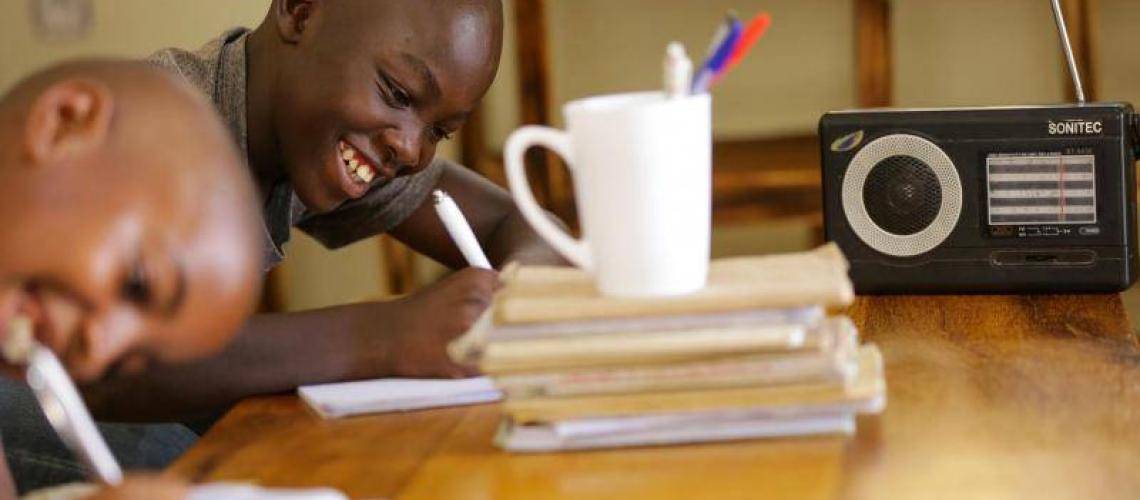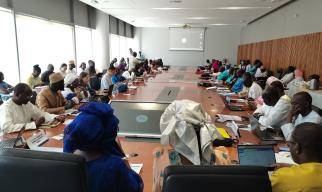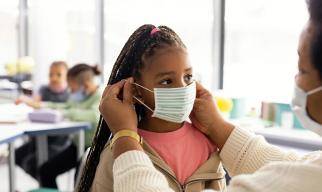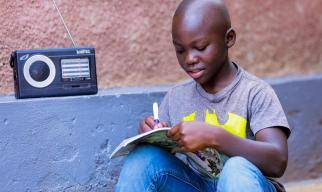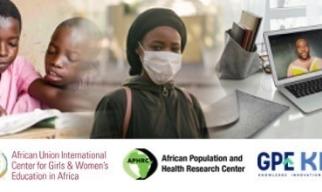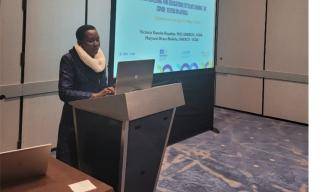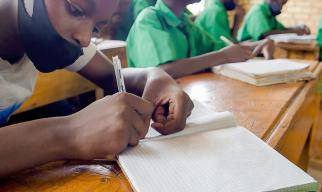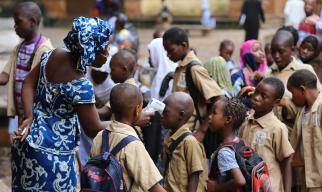Since the outbreak of the COVID-19 pandemic, education systems around the world have been seeking evidence and solutions to support children’s learning, address negative consequences of school closures, and prepare for school re-opening. This project will collect, synthesize, and mobilize evidence about COVID-19 responses in primary and secondary education in Africa, where the pandemic is expected to roll back recent gains in education access and quality and compound existing educational inequalities. The project has both immediate and long-term purposes. In the short-term, it will collect and share evidence about the policy responses of selected African countries on issues pertaining to the operation of education systems and the well-being of children so that policymakers and other educational stakeholders can use it to inform their decisions. It will also track other emerging research. In the longer term, the observatory will examine promising practices and develop recommendations to improve future crisis preparedness. In sum, the project will collect and mobilize evidence and use it to strengthen education system resilience on the African continent.
Project Abstract
Institution: Association for the Development of Education in Africa (ADEA) (Lead), The African Union – International Centre for the Education of Girls and Women in Africa (AU/CIEFFA), UNESCO Institute of Statistics (UIS), African Population and Health Research Center (APHRC)
Project Leader:Albert Nsengiyumva
Implementing Countries: Eritrea, Ethiopia, Gambia, Ghana, Kenya, Lesotho, Liberia, Malawi, Mozambique, Nigeria, Rwanda, Sao Tome and Principe, Sierra Leone, Tanzania, Somalia, South Sudan, Uganda, Zambia, Zimbabwe, Sudan, Benin, Burkina Faso, Burundi, Cabo Verde, Cameroon, Central African Republic, Chad, Comoros, Democratic Republic of the Congo, Djibouti, Guinea-Bissau, Guinea, Madagascar, Mali, Mauritania, Niger, Republic of Congo, Senegal, Togo, Côte d'Ivoire
Main Theme: COVID-19 and education
Duration: 18 months
Updates and Activities

